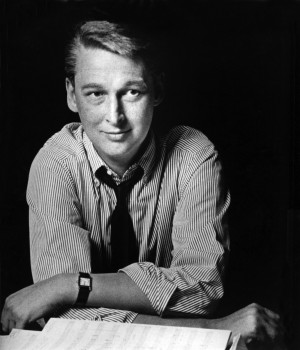 Generally speaking, I don’t tell anyone I meet in person that I am an intuitive. I may talk about it more than I used to—I have an intuitive practice, after all—but I find that owning up to this skill means I have to contend with everyone’s feelings and theories about psychic phenomena, not to mention allow them to feel superior to me. Often people begin to testify about their own experiences that defy regular logic, as if they are throwing me a bone or sharing a dirty secret. Sometimes they actually ask, “If you’re so psychic, what am I thinking right now?” I try to be patient, I really do. But though these people may not mean any harm, what they are discussing in essence is whether I am full of shit and whether the very concept of psychic phenomena is also full of shit. Believe me or don’t, I want to say. It gives me more of an edge if you don’t.
Generally speaking, I don’t tell anyone I meet in person that I am an intuitive. I may talk about it more than I used to—I have an intuitive practice, after all—but I find that owning up to this skill means I have to contend with everyone’s feelings and theories about psychic phenomena, not to mention allow them to feel superior to me. Often people begin to testify about their own experiences that defy regular logic, as if they are throwing me a bone or sharing a dirty secret. Sometimes they actually ask, “If you’re so psychic, what am I thinking right now?” I try to be patient, I really do. But though these people may not mean any harm, what they are discussing in essence is whether I am full of shit and whether the very concept of psychic phenomena is also full of shit. Believe me or don’t, I want to say. It gives me more of an edge if you don’t.
The truth, as I have said many times, is that all living beings have the ability to perceive this “extra” information. (Most living beings who are not human use it daily.) What distinguishes me to the degree that it does is my ability is not only readily available but impossible to tamp down. I am happiest when I am channeling it in my writing or cooking or helping others heal themselves. I am most problematic when I use it for baser gain. When I don’t use it at all, things explode around me. Sometimes I explode instead.
I have one friend who describes himself as a “nonbeliever” but through various experiences that cannot be written off as coincidences has come to grudgingly accept my skill. At which point he has begun to ask if I have developed my intuition as a result of my complicated childhood—as a sort of extrasensory hyper-vigilance. “Of course,” I always say.
Then I say: ”So?”
I’ve been reading up on Mike Nichols lately. Few people realize how difficult his childhood was—he barely escaped Nazi Germany at age 7, lost his father at age 12,  permanently lost all his body hair in a botched vaccination (he wore wigs and fake eyebrows for the rest of his life), and then watched his mother surrender to clinical depression. His response to all this, I think, was not dissimilar to my response to early circumstances: He learned to “notice what he noticed.” With this information, he made art–deceptively accessible, psychologically and politically unruly theater and film that I find inspiring not only in form but in origin. In an interview I stumbled upon yesterday, he described this creative observation with a conscious gratitude that encapsulates my feelings perfectly.
permanently lost all his body hair in a botched vaccination (he wore wigs and fake eyebrows for the rest of his life), and then watched his mother surrender to clinical depression. His response to all this, I think, was not dissimilar to my response to early circumstances: He learned to “notice what he noticed.” With this information, he made art–deceptively accessible, psychologically and politically unruly theater and film that I find inspiring not only in form but in origin. In an interview I stumbled upon yesterday, he described this creative observation with a conscious gratitude that encapsulates my feelings perfectly.
The degree to which you’re peculiar and different is the degree to which you have to learn to hear what people are thinking. Just in self-defense you have to learn, where is their kindness? Where is their danger? Where is their generosity? If you survive because you’ve gotten lucky—and there’s no other reason ever to survive except luck—you will find that the ability to hear people thinking is incredibly useful.
